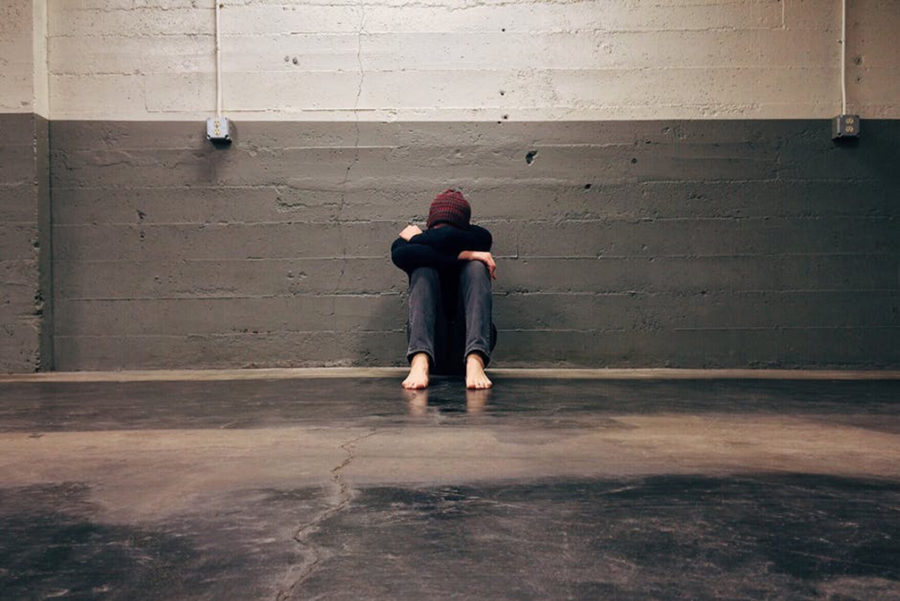Yes, it is true. We as a generation need to talk about the growing impact of mental health on teens and young adults all over the world. But to what extent?
I have been battling my very own mental health issues for nearly 15 years. My parents noticed signs of anxiety at a young age, but did not really worry about it until they became noticeable in my high school years. It wasn’t until recently that I realized how much of an impact mental illness, especially anxiety, had on my life.
As “Vice” contributor Christina Stiehl puts it, “People have taken to exaggerating their everyday experiences…with terminology appropriate for a psychiatrist’s office.” Anxiety can take several forms and not all of them can be solved by popping a Xanax and taking a “depression nap.”
Generalized Anxiety Disorder (GAD), social anxiety disorder, and panic attacks are some of the various forms of “abnormal anxiety.” This means that instead of affecting you for a short period of time, the anxiety you feel weighs heavily on your day-to-day life. Even the simplest of tasks, like getting up to throw away trash, are daunting. The notion that people want to feel like that is wild to me.
Anxiety is much more than the repetitious click of a pen or getting annoyed when a mild inconvenience happens. Being “anxious” and being “agitated” are not the same in any measure of leaps or bounds. This disorder affects my schooling, my social life, and my run-of-the-mill daily activities.
On top of the panic attacks, I also suffer from other symptoms, like lack of sleep, irritability, restlessness, and physical illness. So much stress on the body, that doctors have seen millions of cases where this disorder can cause aches and pains throughout the entire body. Medications like Xanax, Prozac, Paxil, or Zoloft are not for us to use to “chill out,” these medications help level out the chemical imbalances that we suffer from. According to Jim Morelli, MS, RPh, they regulate the amount of serotonin and norepinephrine the brain transmits. Not so cool anymore, is it?
People will try to relate to me using my anxiety. If I express anxiousness or discomfort in a social setting, someone will inevitably bring up how I will get used to it, since they “used to be anxious” but aren’t anymore. That’s not how this works. I’m not going to just get over not being able to be in a social setting. I am still going to have to go home and wind down from the over-stimulation of being in a room with more than fifty loud people.
Be careful of what words you use and who you say them around. Your brief nervousness over a single presentation will be gone by the time you start talking. Someone battling anxiety will still be trying to get over it, even after the presentation is long been done. Their anxiety is not your trend.
























